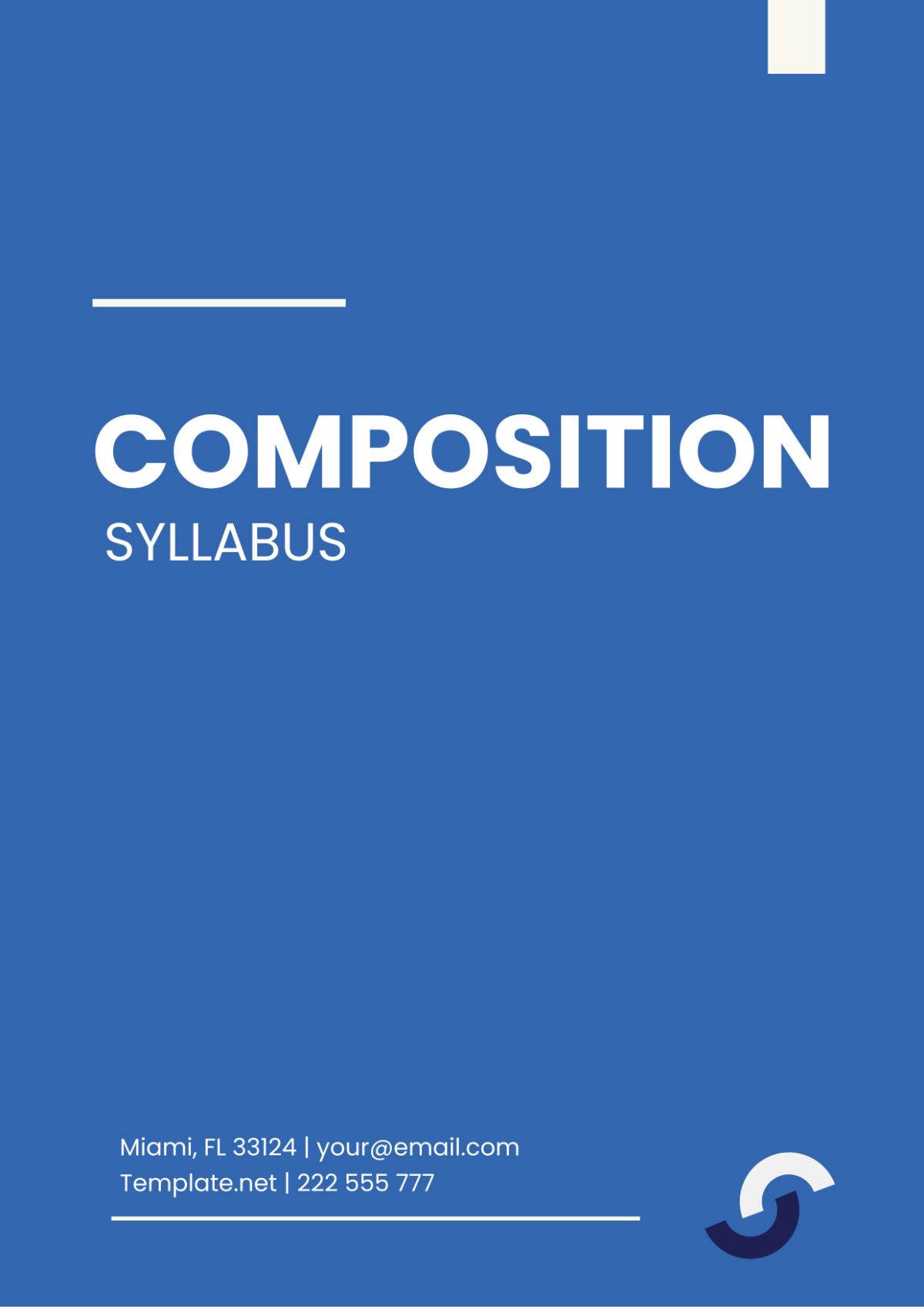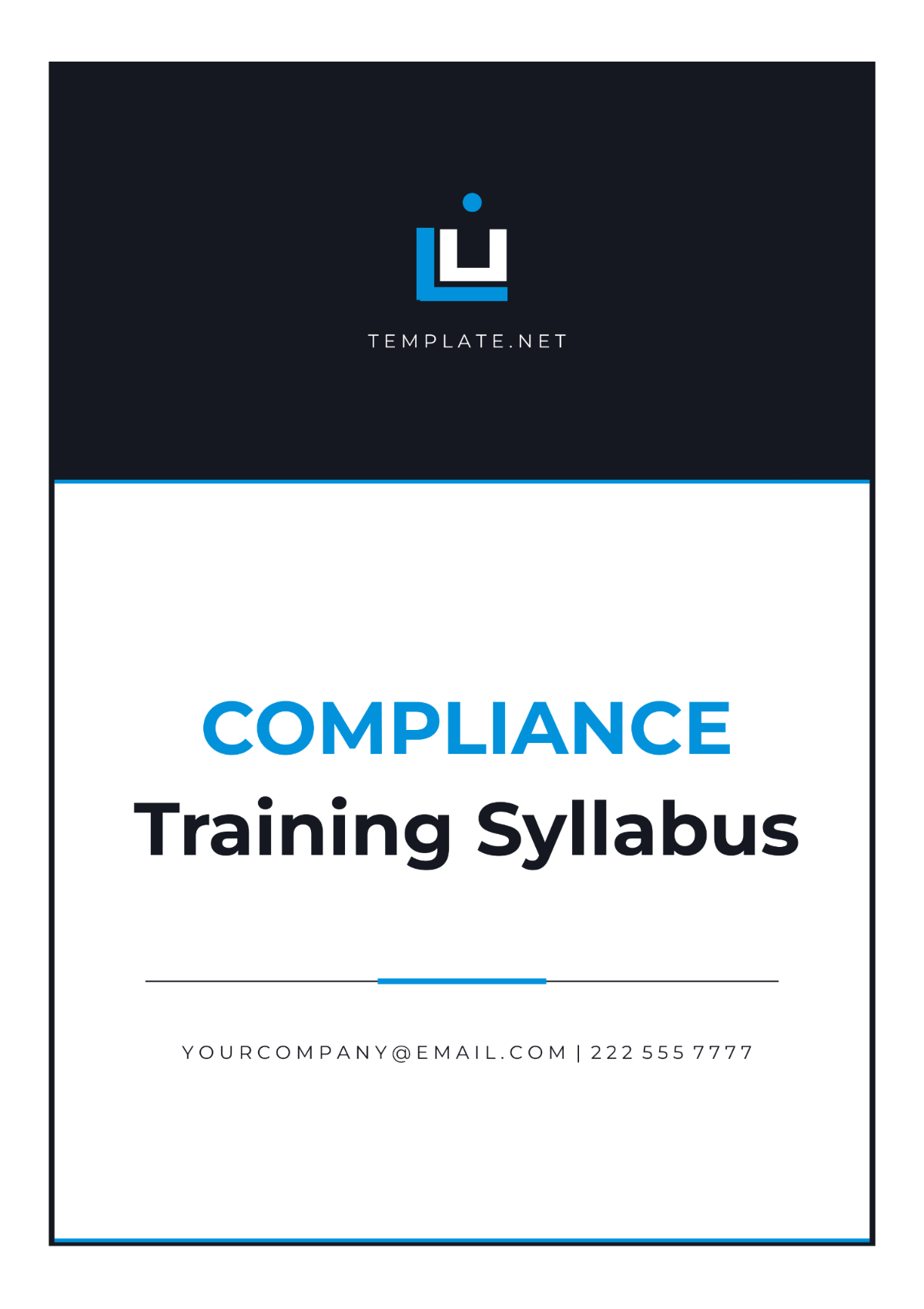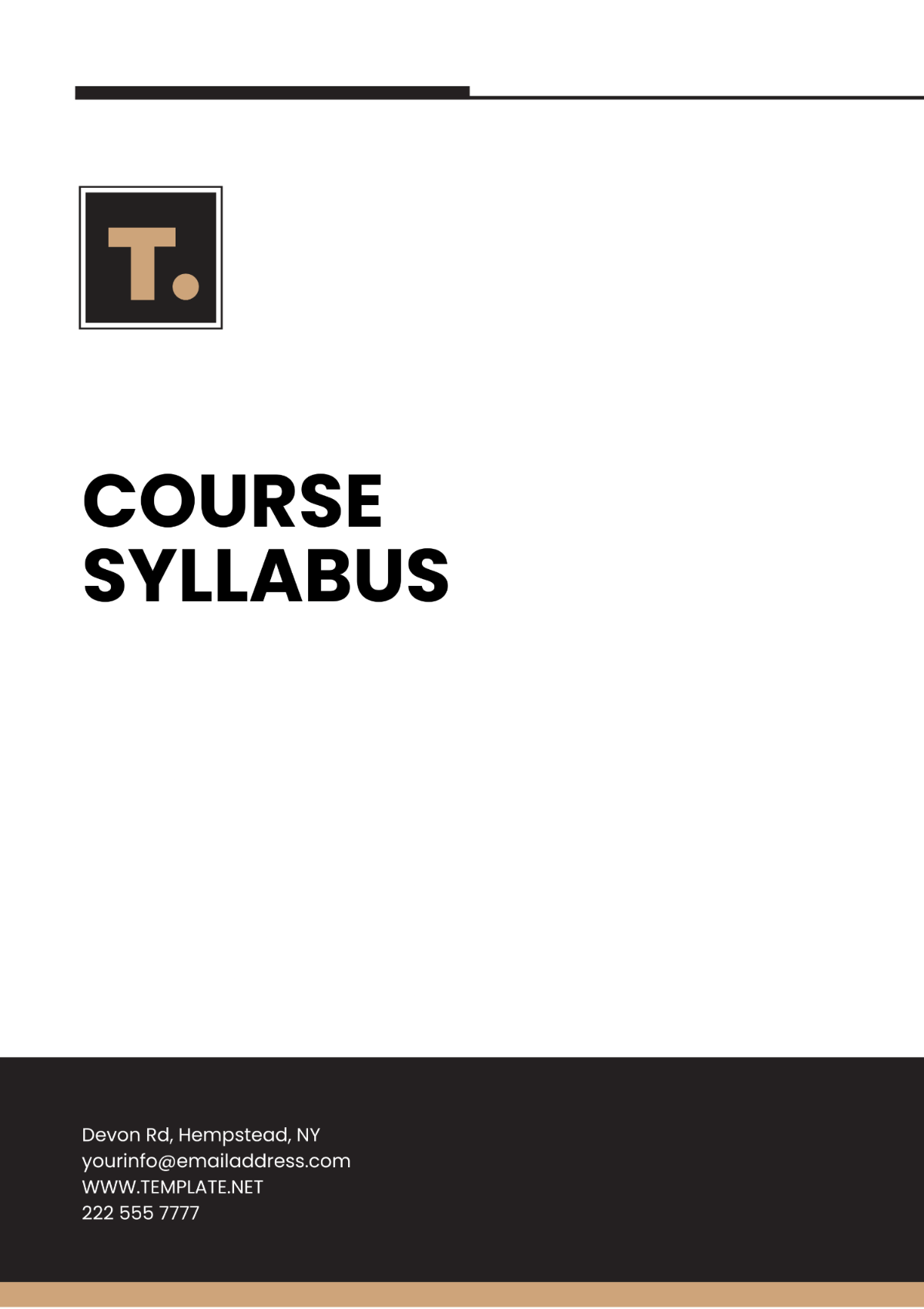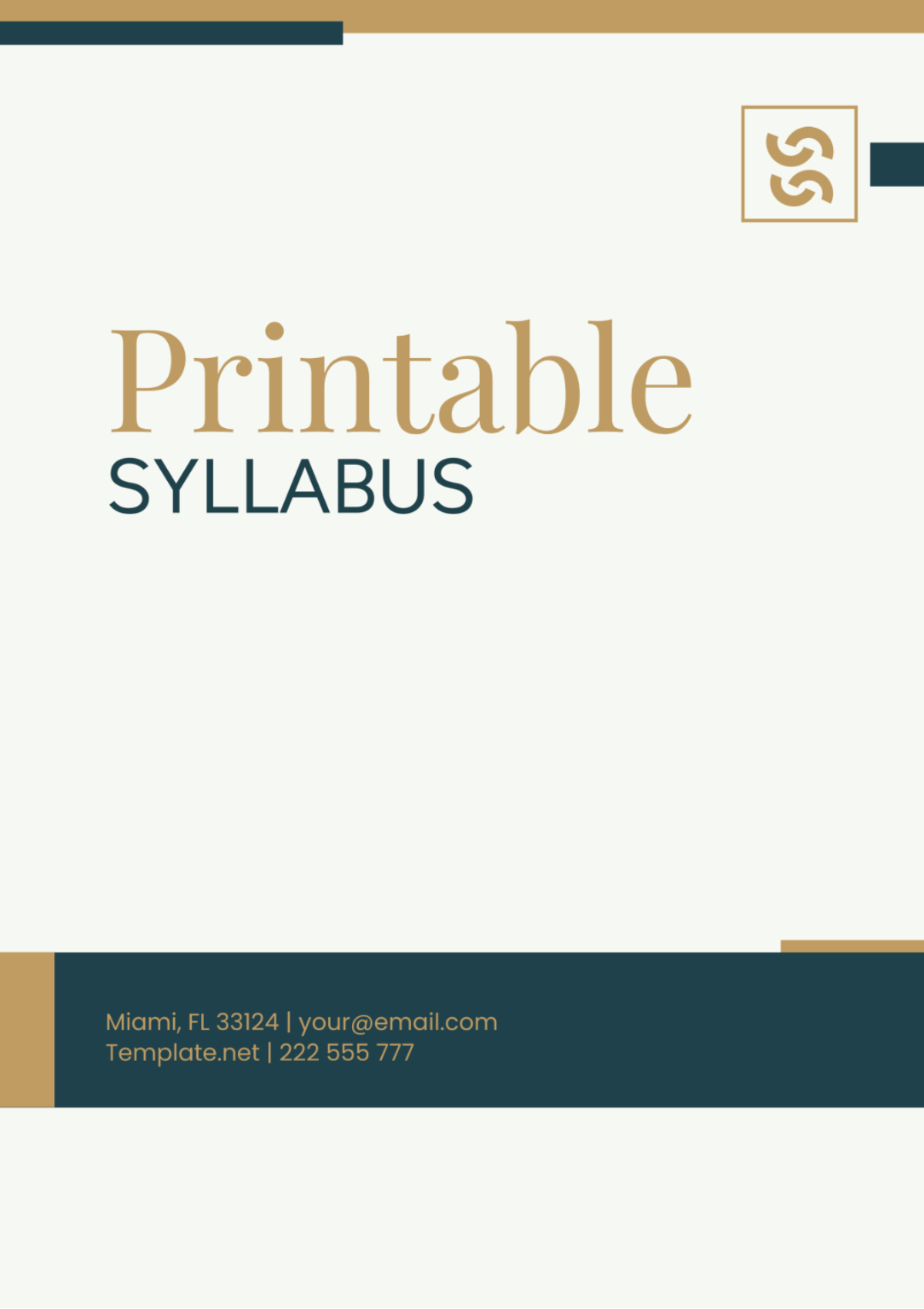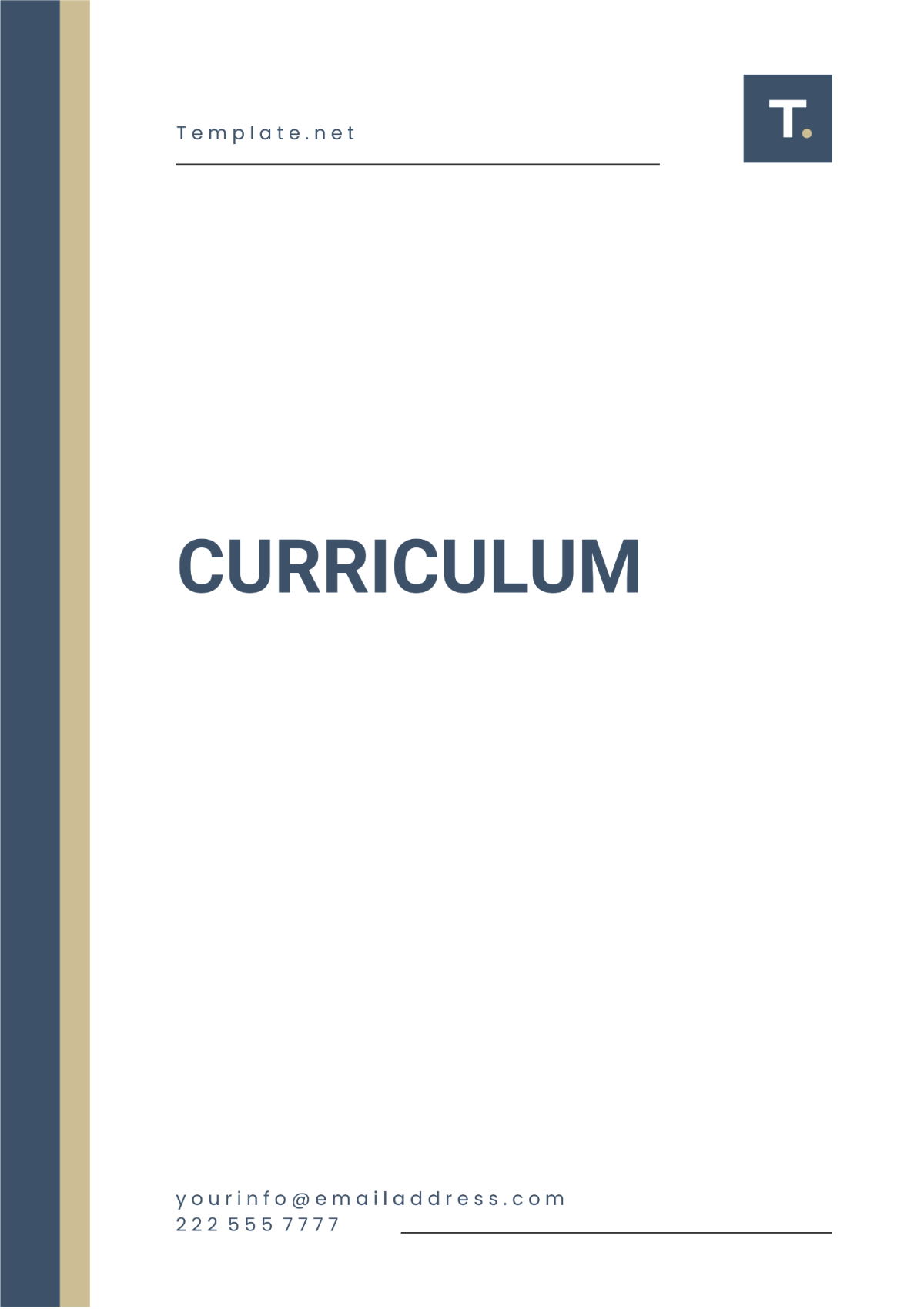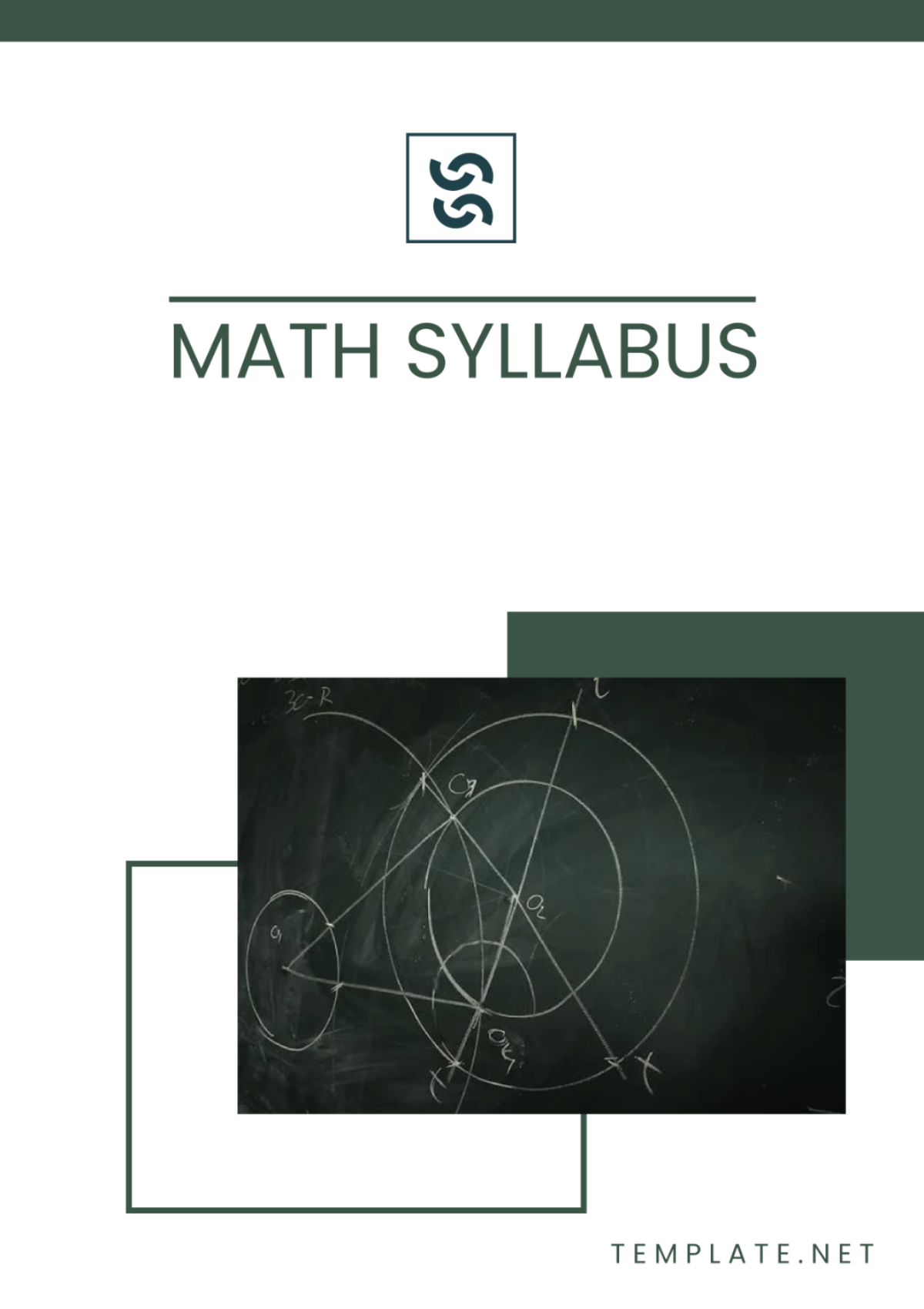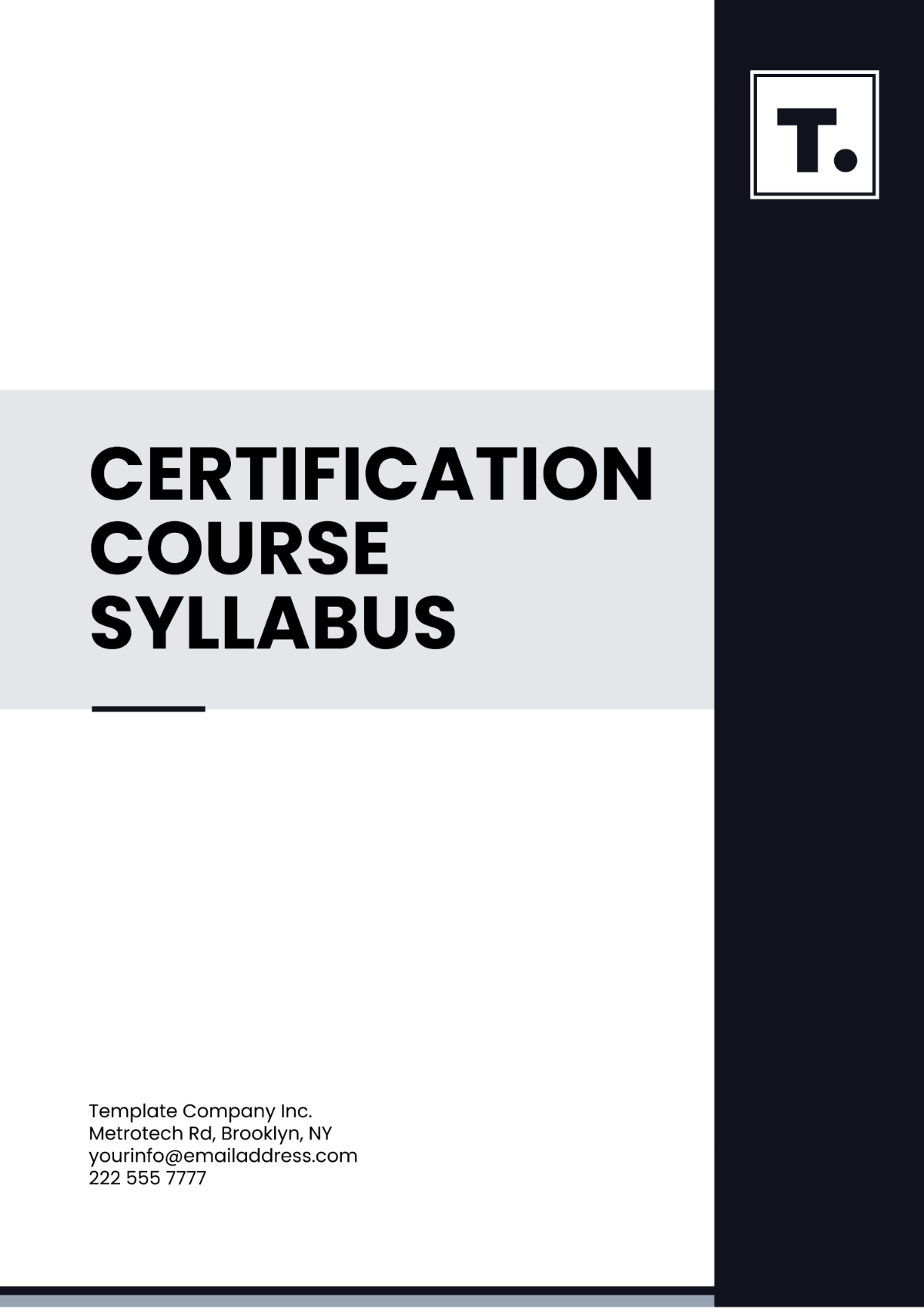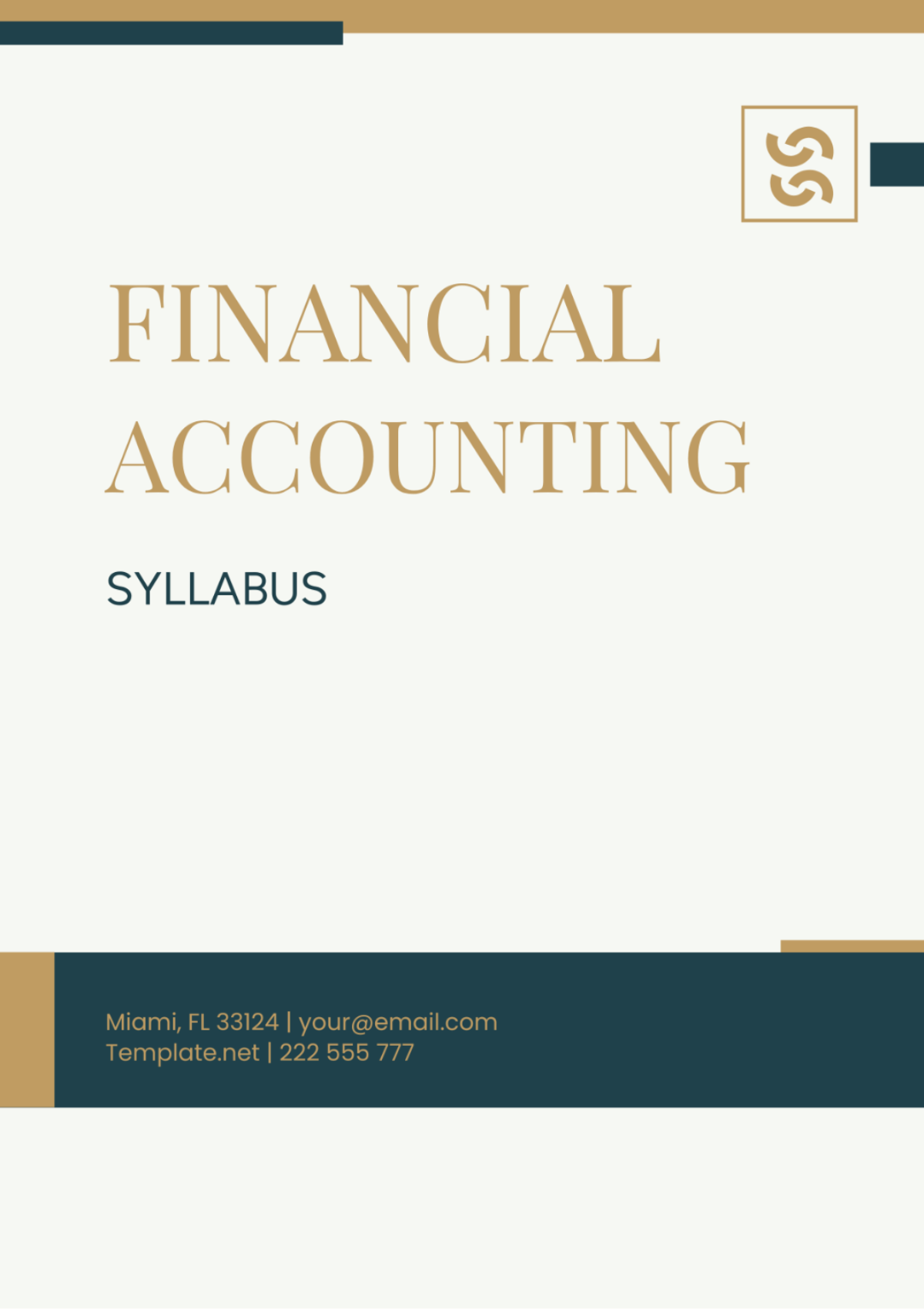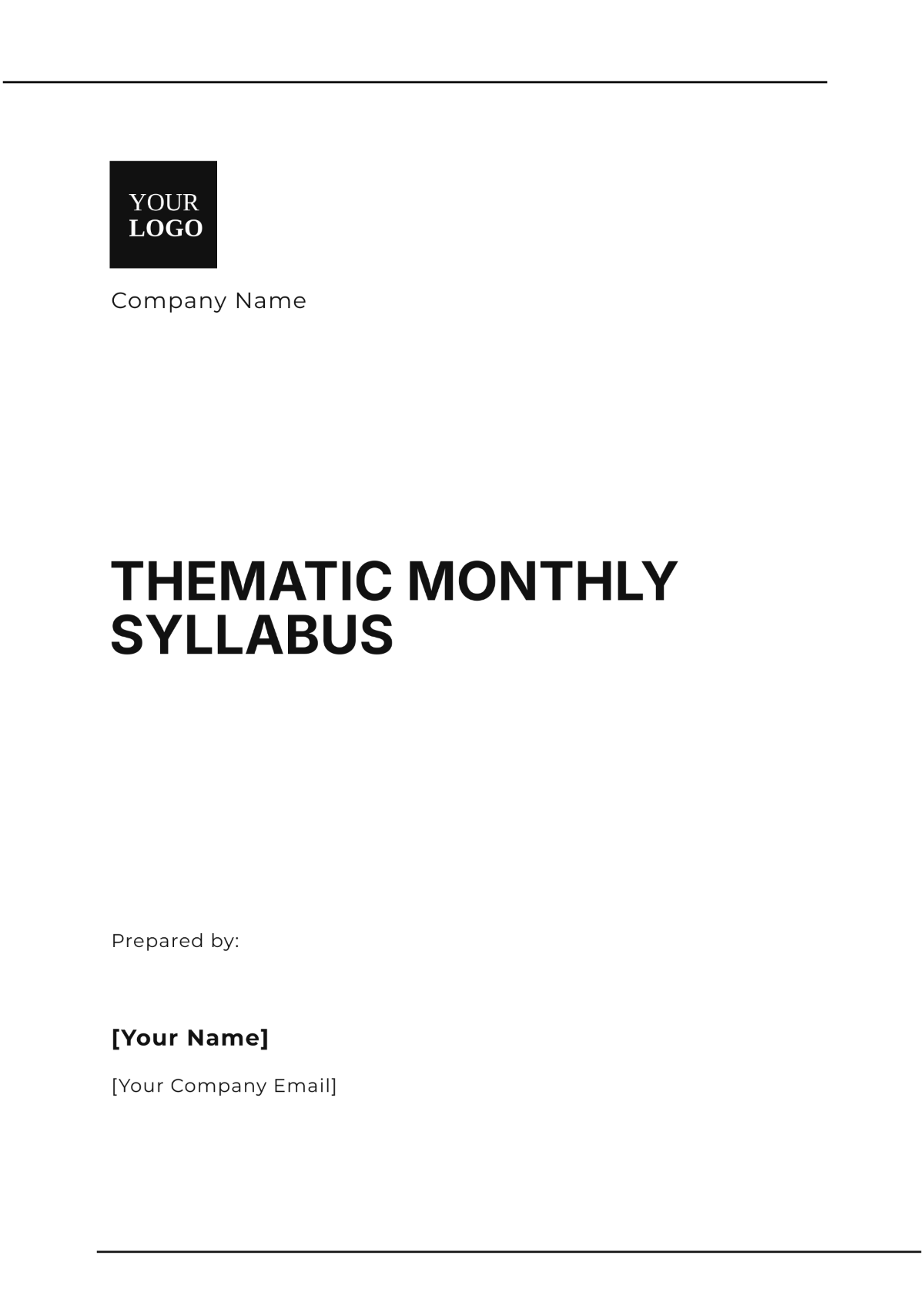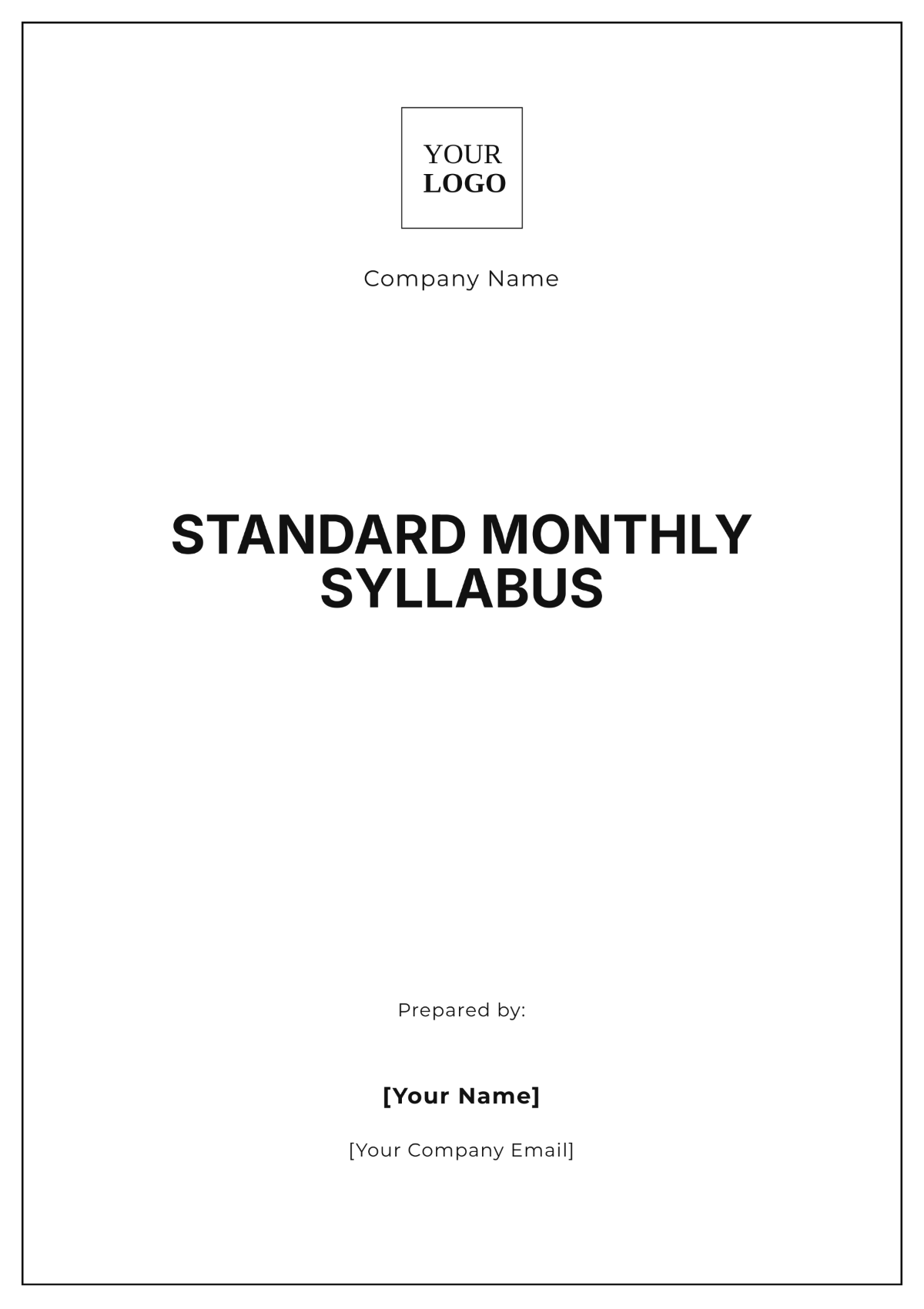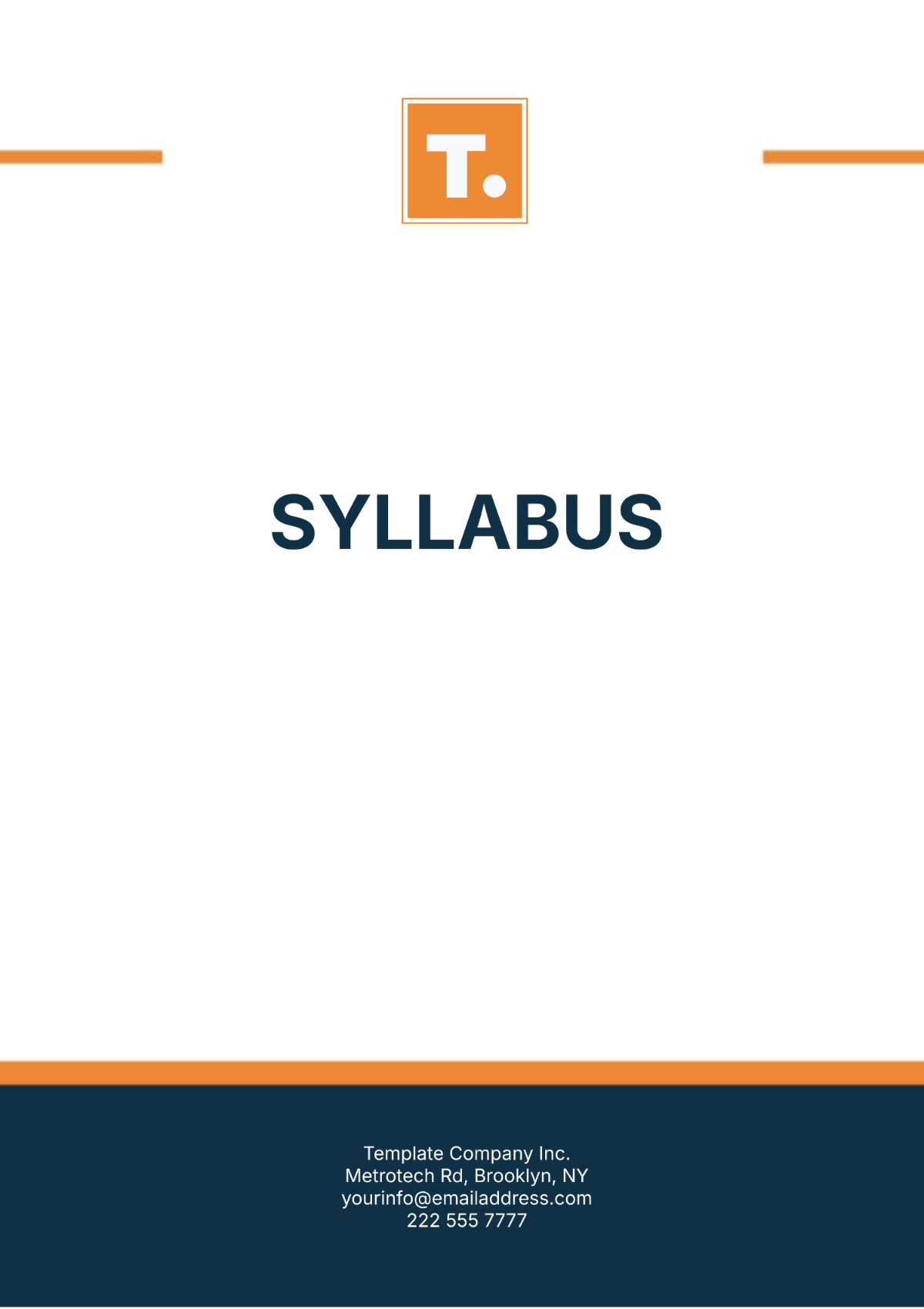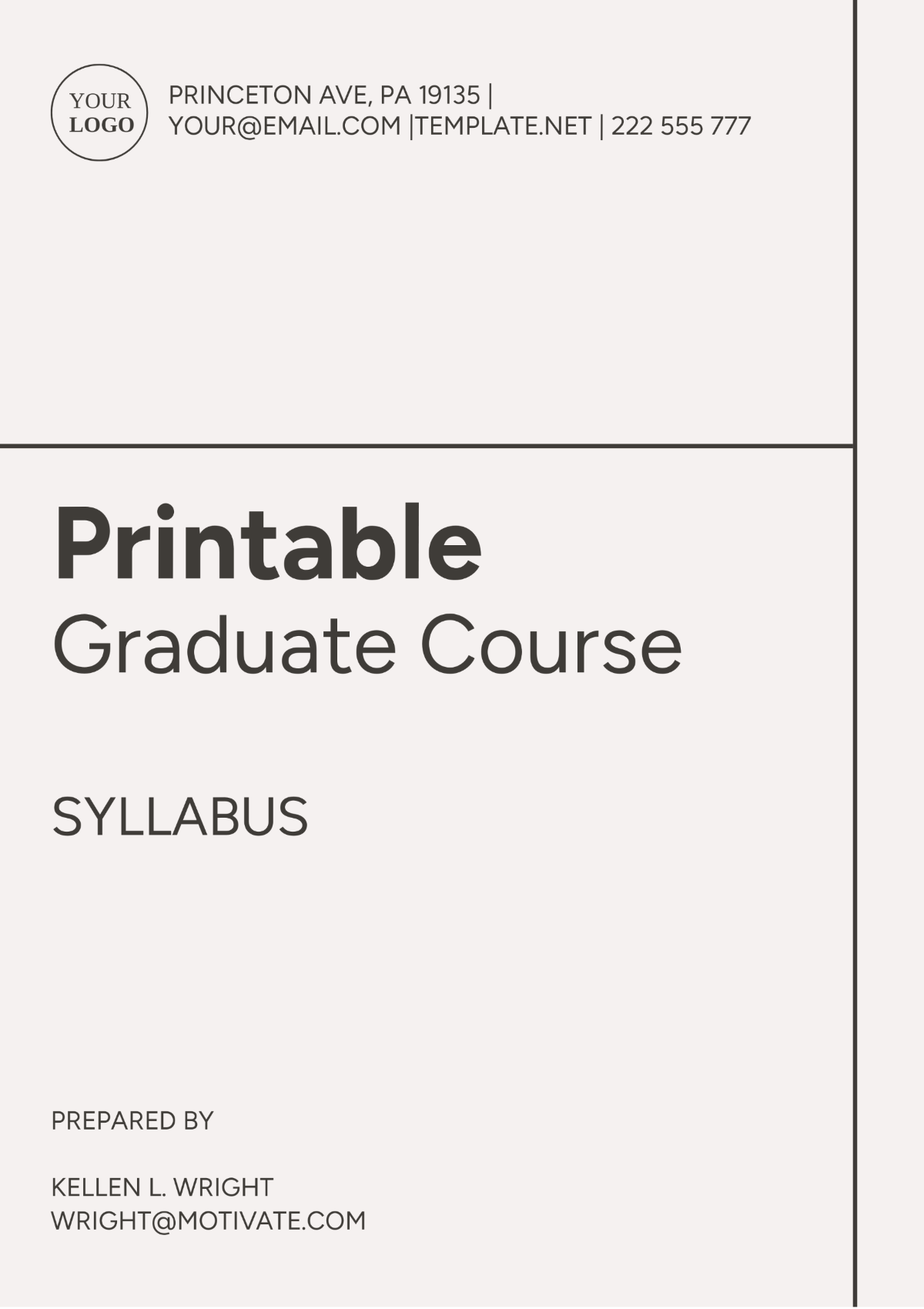Game Development Syllabus
Course Title | Game Development |
|---|---|
Credits | [CREDITS] |
Instructor | [INSTRUCTOR] |
Schedule | [SCHEDULE] |
Location | [LOCATION] |
Textbook | [TEXTBOOK] |
Description | [DESCRIPTION] |
Assessments | [ASSESSMENTS] |
Grading | [GRADING] |
Office Hours | [OFFICE HOURS] |
1. Course Title and Description
This course, Fundamentals of Game Design and Development, aims to equip students with the knowledge and skills to conceptualize, design, and develop video games. The course offers a blend of theoretical knowledge along with hands-on experience in creating games from scratch.
2. Instructor Information
The instructor for this course is [YOUR NAME]. They have extensive experience in the game development industry and have successfully released several well-known games. They can be contacted at [YOUR EMAIL].
3. Learning Objectives
Understand the basics of game design and development
Learn to conceptualize and design feature-rich, engaging game
Achieve proficiency in using a variety of game design and development tools
Develop problem-solving skills for tackling game design challenges
Learn to work on a collaborative game development project
4. Course Schedule
Week | Topics | Activities |
|---|---|---|
1 | Introduction to Game Development |
|
2 | Game Design Principles |
|
3 | Graphics and Sound in Games |
|
4 | Game Development Project |
|
5. Required Reading and Materials
“The Art of Game Design: A Book of Lenses” by Jesse Schell
"Beginner's Guide to Game Development" by Zenva Academy
"Understanding Video Games: The Essential Introduction" by Simon Egenfeldt-Nielsen
Adobe Photoshop (software)
Unity (software)
6. Assignments and Assessments
Submit a game design document that conceptualizes a unique, engaging game
Create a basic prototype of a game using Unity
Present a group project based on the established game concept
Final examination covering all the theoretical topics of the course
Peer reviews on the conceptualized game
7. Course Policy
All assignments must be submitted by the given deadlines. No late submissions will be accepted.
Plagiarism is strictly prohibited. All submitted work must be original.
Attendance is mandatory. You're allowed 2 absences. Any additional absences can lead to a drop in grades.
Respectful communication with peers and instructors is required at all times.
All graded assignments will have rubrics which will be provided beforehand.
8. Grading Policy
The final grade for the course will be calculated as: Assignments (50%), Group Project (30%), and Final Examination (20%).
9. Disclaimer
While [YOUR COMPANY NAME] strives to provide accurate and timely information, there may be inadvertent technical or factual inaccuracies and typographical errors. We reserve the right to make corrections and changes to the course without notice.











